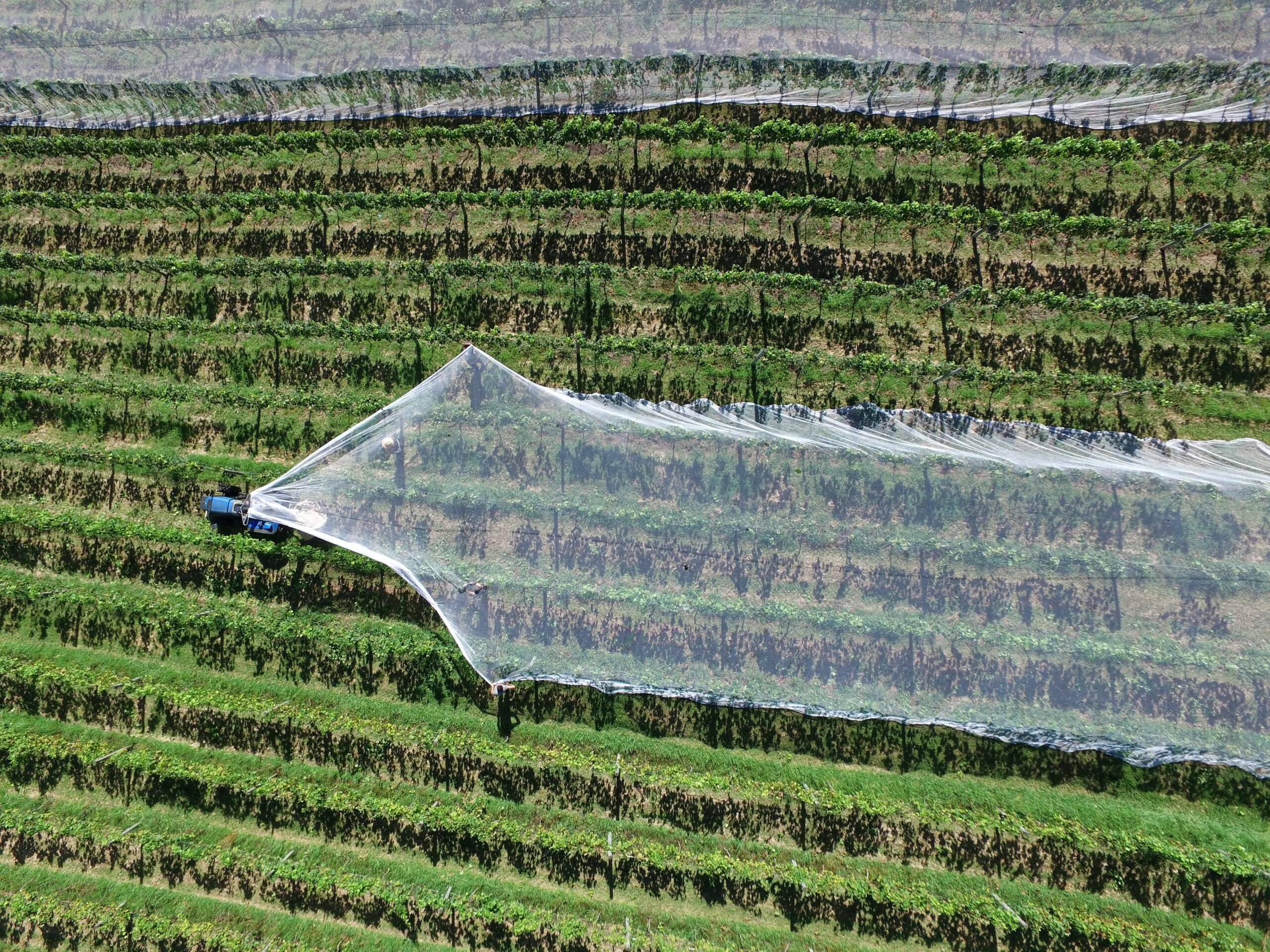‘Fertile ground’ New report shows challenges, opportunities and perspectives of agtech in Australia
At the intersection of innovation, sustainability and economic growth – agtech can help underpin the future of Australia’s food and fibre industries. But delivering this exceptional edge means on-farm adoption. A new report by evokeAG. 2024 partner, RSM Australia, recommends greater cooperation to increase awareness and education about innovative solutions. The RSM report unpicks the challenges and opportunities for the Australian agtech sector with insight from leading technology businesses.

The Australian agtech sector in Australia is fertile ground for investment according to audit, tax and consulting firm RSM Australia.
‘Breaking new ground: a report on the state and future of agtech in Australia’ draws together insights from an RSM survey of more than 40 Australian technology companies, case studies and the expertise of RSM industry specialists.
It expects the sector to continue to grow rapidly driven by the demand for food and agricultural products, the need to improve productivity and sustainability, and the development of new technologies.
RSM National Leader, Agribusiness Ross Paterson said while there’s headwinds for the agriculture sector – such as inflation, rising input costs and high interest rates – the outlook is still positive.
“There’s clearly people seeing opportunities in the agricultural sector,” he said.
“Whether it’s from a traditional sort of farming, strategies to decarbonise or investing in renewable energy sources – there’s a lot going on in this space.”

The Australian Farm Institute estimates that digital technologies increase agriculture’s gross value of production by more than $20 billion annually.
And technology will be an important piece in driving future growth.
“I think most of our farmers that are jumping into agtech are doing it from a productivity point of view, whether it’s saving on inputs, growing better crops, or producing better genetics,” Ross said.
The Australian Farm Institute estimates that digital technologies increase agriculture’s gross value of production by more than $20 billion annually.
Looking forward Ross sees agtech’s role in helping farmers become more environmentally sustainable – and demonstrating green credentials will be more important.
RELATED: How collaborative ecosystems are driving innovation in agrifood
“The messaging regarding the benefits from the environment and decarbonising are probably not the main driver (of farmer adoption of agtech) at this stage but we think that’ll change pretty quickly,” he said.
“We’re starting to see those sorts of requirements, with carbon neutral beef on the shelves, that the supply chain pressure will start to come front-of-mind.
“There will also be the bank financing where if you can’t demonstrate you’ve got a plan in place to reduce your carbon emissions, ultimately I think you’re going to be paying a premium for your finances.”
In terms of the key trends driving agtech, the RSM report points to robotics and automation to improve efficiency and reduce labour, targeting inputs with precision farming, big-data and Artificial Intelligence to inform decision making, and sustainable farming technologies.
RELATED: Responsible innovation and a call to action
Cracking the adoption conundrum
The ‘Breaking new ground’ report recommends that the Australian government and industry associations work to increase education and awareness about agtech solutions amongst farmers, pointing to workshops, webinars and other outreach activities.
According to Ross one of the strengths of Australia’s agriculture sector is that it’s quick to adopt new practices – once they’ve been shown to work.
“In Australian farming circles, once there’s proof of concept and when those early adopters have demonstrated that it works, the uptake is really strong – but that’s the challenge.”

Dr Darren Hughes, founder of Western Australian tech-company Laconik.
It’s a challenge that founder of Western Australian tech-company Laconik, Dr Darren Hughes knows all too well.
“We’re in the grains industry, we get one chance a year to test your technology and so rapid prototyping, rapid customer feedback is very challenging,” Darren said.
“When you’re going to compete for capital into global markets and you’re getting judged on traction compared to a social media app you’ve got to hit certain metrics for the next lot of investors to come on board. That’s why you’ve got to develop that business model at the same time as you’re developing the tech.”
RELATED: The race to breed heat tolerant wheat for a hotter, hungrier world
Laconik specialises in technology for monitoring and reporting on-farm trials bridging the gap between research and real-world application, with an innovative cloud-based platform and designs that allow trials to be done properly and scientifically.
Darren believes the reward of agtech adoption needs to be significantly higher than the risk – if you want Australian farmers to take it on.
“The adoption theory of innovations is that it has to be 10 times better than what farmers are currently doing.
“If you can achieve that in Australia where you’re dealing with some of the most efficient, un-subsidised producers, you’re going to have some pretty amazing technology.”
But Darren believes reaching that very high bar puts Australian agtech developers at an advantage in the long run.
“I think if you can prove the concept here in Australia, it’s going to set you up very well for exporting,” he said.
RELATED: Top agrifood tech startups selected for evokeAG. 2024

The RSM survey explored more than 40 Australian technology companies, case studies and the expertise of RSM industry specialists.
Insight from Australian tech leaders
In mid-2023 RSM asked leaders from a cross section of Australian technology businesses, including agtech, about revenue projections, opportunities, challenges and their perceptions of government policies.
The survey revealed businesses were generally optimistic, with more than 70 per cent confident in achieving revenue growth in 2023-24.
“Australia is well-positioned to capitalise on the growing agtech industry, given its strong agricultural sector and thirst for innovations that address our unique needs,” the report said.
RELATED: Increasing outputs with less inputs – better decision using technology
The survey found that just over half the respondents were looking to new market opportunities while 20 per cent saw specialist technology as the biggest opportunity for growth.
It identified cashflow, followed by staffing costs and retention, and access to capital as key challenges for technology businesses, while more than 60 per cent of those surveyed felt that cyber security was a bigger threat than in previous years.
The ‘Breaking new ground’ report also recommends that government and industry address risks such as data security and privacy, through the development of industry standards and best practices.
RSM are the official Business Lounge Partner at evokeAG. 2024. Over two days the event will showcase cutting-edge technologies, disruptive business models, research and development, and sustainable practices with the potential to transform the future of the agricultural sector and value chain.
Connect with delegates in the 2024 Business Lounge, and RSM in Perth on 20- 21 February. Tickets on sale now.
